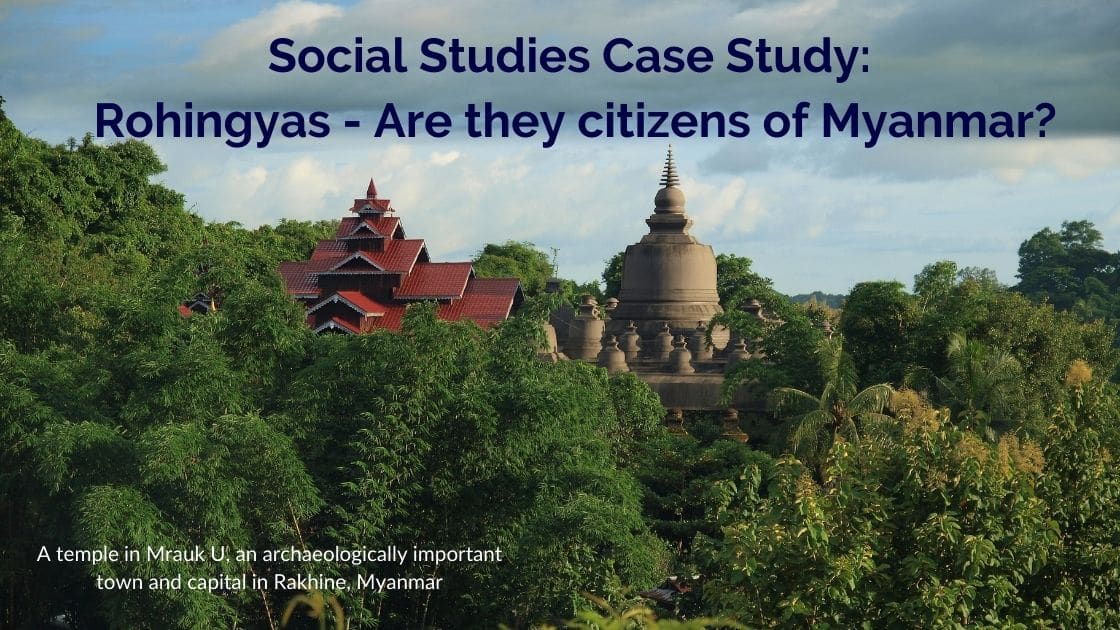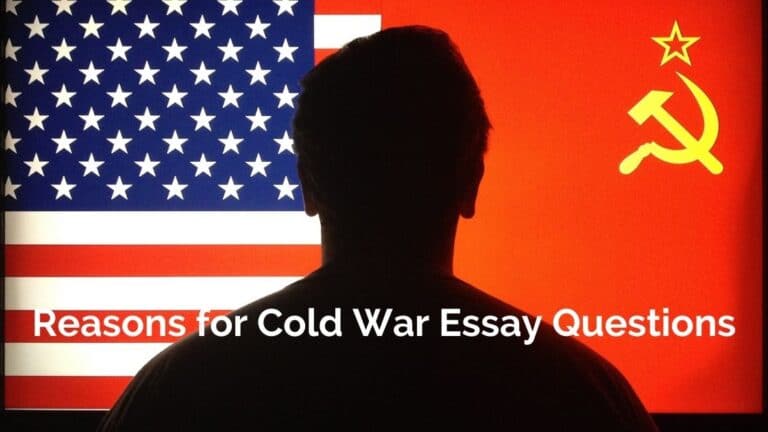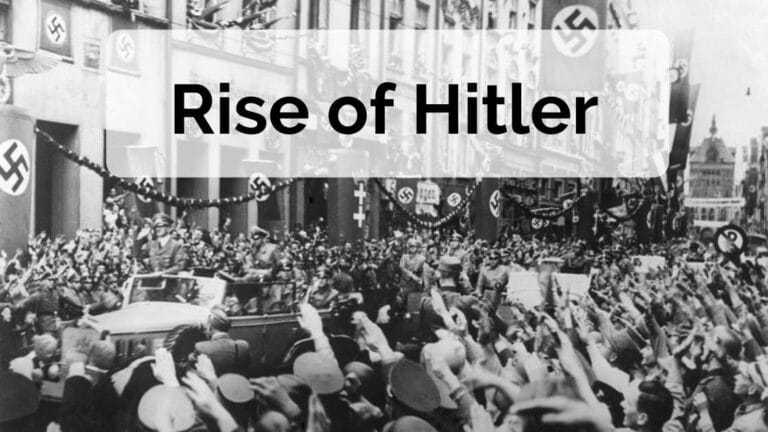Social Studies Rohingya Case Study: Are they citizens of Myanmar?
In this edition of Social Studies Case Studies, I will be presenting the Rohingya Case Study. I will be exploring whether Rohingyas are citizens of Myanmar. This tragic case study is an example of the ideas explored in Chapter 1 of the Social Studies textbook. What makes a person a citizen of a country?
Since 2016, the Myanmar government have been accused of systematically killing the Rohingyas, a Muslim minority group living in the country. The Rohingyas are not recognised as rightful citizens by Myanmar who see them as illegal immigrants. On the contrary, the Rohingyas claim that they have been residents of the Rakhine state in Myanmar for many centuries and that they cannot be labelled as ‘stateless’ by the Myanmar government.
Social Studies Rohingya Case Study: The refugee situation in Myanmar
Despite a current population of 1.1 million, the Rohingyas are not considered one of Myanmar’s 135 official ethnic groups. They have been denied citizenship in Myanmar.
Source A
A news article by a journalist on the Rohingya refuges published in a popular international news website (BBC) in January 2017
Myanmar’s government and its majority Buddhist population recognize the Rohingya refugees as stateless people. They have brutally attacked and chased them out of Myanmar for claiming citizenship rights in their land.
As a result, their rights to vote, study, work, marry, practise their religion and access healthcare service have been restricted. Nearly all Rohingyas live in ghettos in the state of Rakhine, one of the poorest states in Myanmar.
In November 2016, UN accused the Myanmar government of carrying out ethnic cleansing of the Rohingyas.
Due to the ongoing violence and mistreatment, thousands of Rohingyas have attempted to flee to refugee camps in Bangladesh and other neighbouring countries along the Thai-Myanmar border. The government denied such accusations, stating that they have been working closely with its civilians to scale up and coordinate humanitarian response to provide for and protect the Rohingyas.
Source B
A speech by a Myanmar government representative at the United Nations’ Security Council meeting in November 2017
The Myanmar government will maintain a full range of humanitarian, political and diplomatic efforts to resolve this ongoing catastrophe. We will meet the expectations set out by the United Nations’ Security Council and press the people in Myanmar to treat the Rohingya with respect. We remain determined to ensure the safety of the Rohingya, to ensure their access to humanitarian aid and to hold to account anyone who is responsible for crimes in the Rakhine state.
Why did Myanmar not give the Rohingyas citizenship?
The basic reason the Myanmar government did not give the Rohingyas citizenship is because of a mixture of Buddhist chauvinism and the belief that the Rohingyas have nothing in common with the rest of the people of Myanmar.
Let us explore the Rohingya case study through the following sources:
Source C
Adapted from an article about the Rohingya Refugee Crisis
During the more than 100 years of British rule (1824-1948), the British encouraged a large amount of migration of cheap farm workers to Myanmar from India and Bangladesh. The feelings of the locals were not considered then. The unhappiness and fear have lasted till today. This has led to many in Myanmar to consider the Rohingyas as Bengali.
Source D
Excerpt of an interview with Ashin Wirathu, a Buddhist monk who leads a nationalistic group against Islamist expansion in Myanmar
It only takes one terrorist to be amongst them (Rohingyas),” he says. “Look at what has happened in the West. I do not want that to happen in my country. All I am doing is warning my people to beware.” He openly blames Rohingya Muslims for instigating violence in Myanmar. Wirathu says the Rohingyas in Myanmar are being financed by Middle Eastern forces and non-government human rights organisations from various countries to carry out violent attacks against the Rakhine Buddhists.
However, the Rohingyas believe that they are citizens of Myanmar. They point out that they have been in Myanmar for a couple of centuries.
In addition, they argue that they have never been back to their original homeland and thus, should be given Myanmar citizenship.
From the Rohingya case study, we can see that they do match the condition of “by birth” as most, if not all Rohingyas were born in Myanmar.
Source E
Adapted from an interview with a former Rohingya refugee now living in Europe. He is actively working with foreign organizations to help the Rohingya people.
I am working for my people I want to go back one day and return to my country. I hope one day my country will have peace… Rohingyas have been living there and working there for a few hundred years, thus we are also citizens!
Conclusion – Social Studies Rohingya Case Study
As you can see from this Social Studies Rohingya case study, the idea of citizenship is complicated. Clearly, both sides have different ideas of what is citizenship. It is not just a matter of giving citizens a legal status.
If the majority Bamar people do not view the Rohingya people as having a common identity as themselves, then there would not be an opportunity for legal status.
The Rohingya refugee crisis is indeed a humanitarian disaster. It is estimated by the UN that up to 700,000 refugees have fled to Bangladesh. In August 2018, the United Nations High Commissioner for Human Rights declared that the Myanmar military generals should be tried for genocide.
Given the fact that the military generals are part of the Myanmar government, no one is sure what can be done. I know it sounds pessimistic, but I do not think this problem can be solved. I hope that both sides will come to an agreement on what can be done and the Rohingyas are given a nation and a home.
1 Feb 2021 Update: The military has taken over the government totally.

Critical Thought English & Humanities is your best resource for English, English Literature, Social Studies, Geography and History.
My experience, proven methodology and unique blend of technology will help your child ace their exams.
If you have any questions, please contact us!







